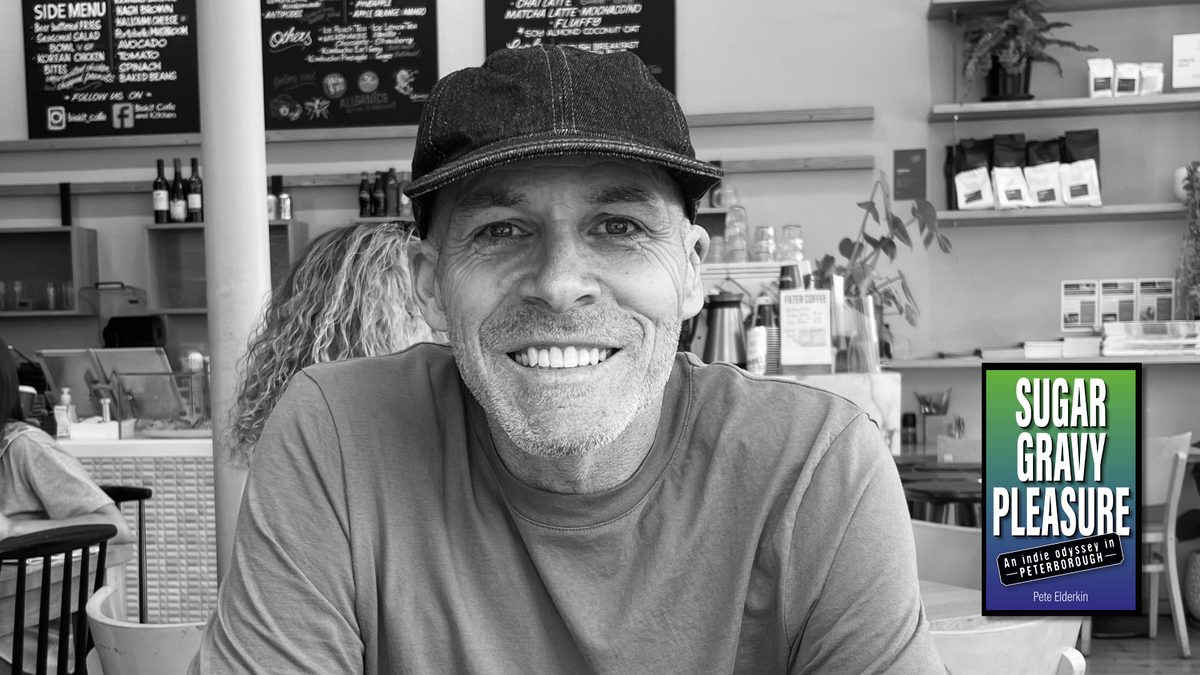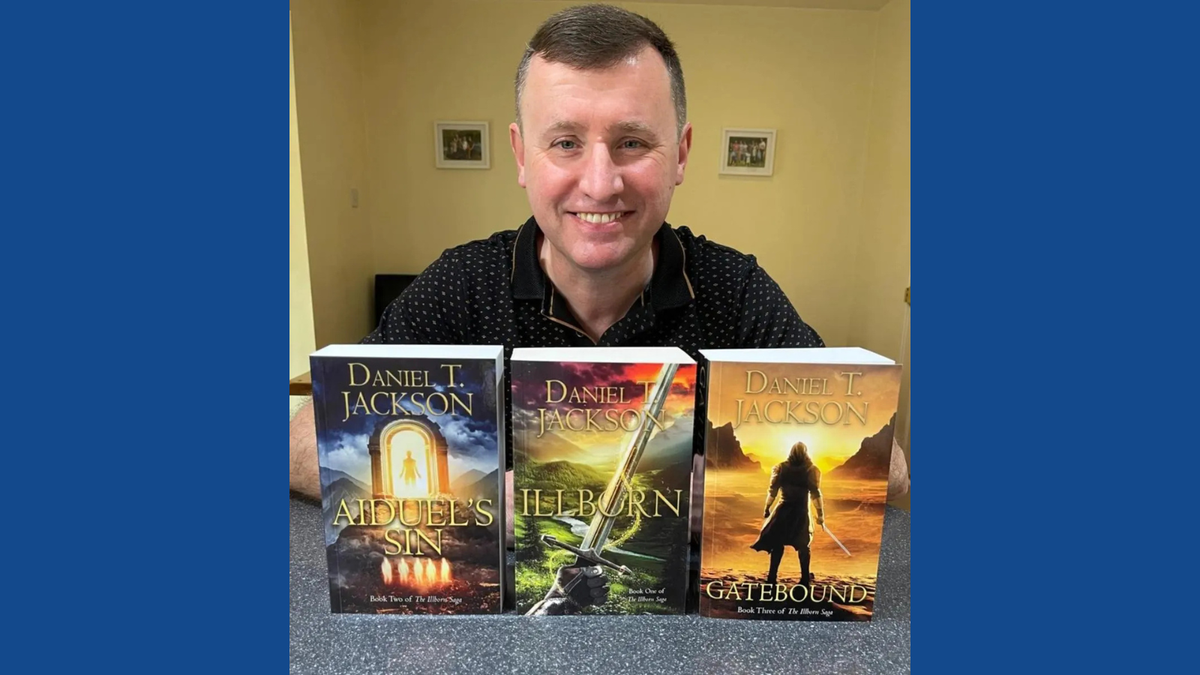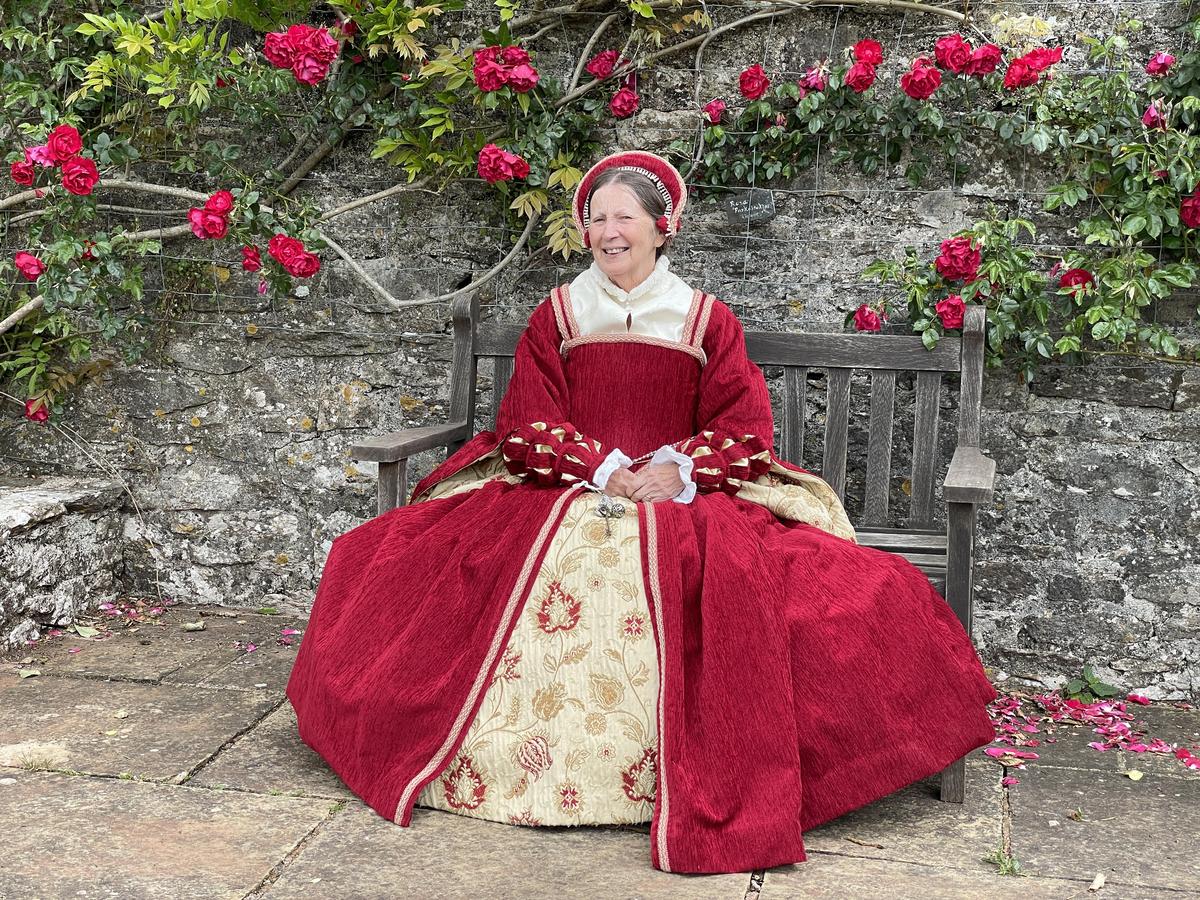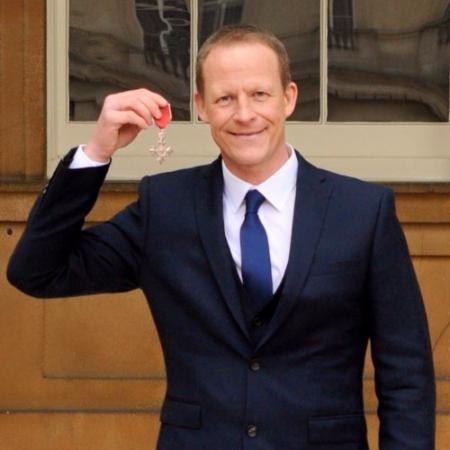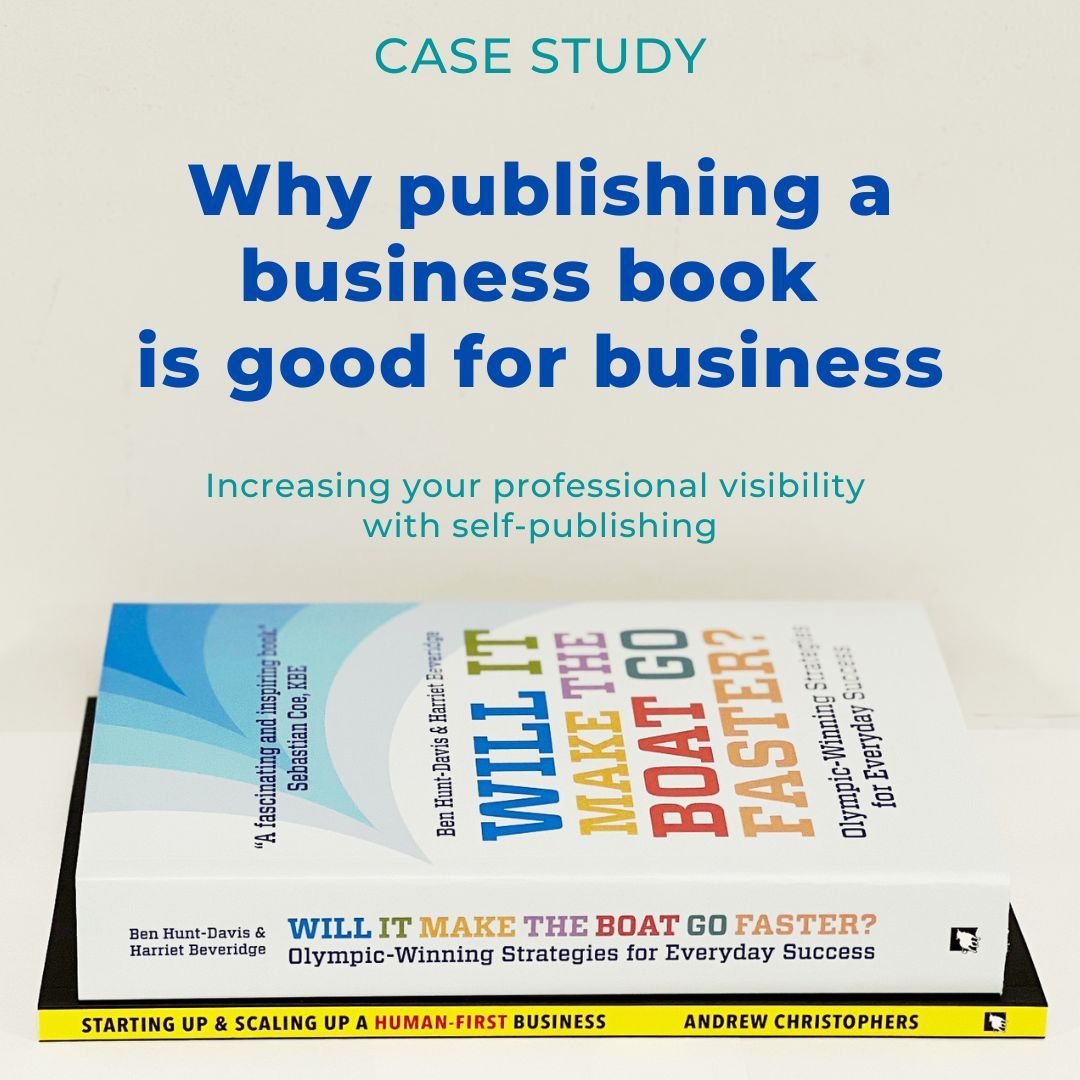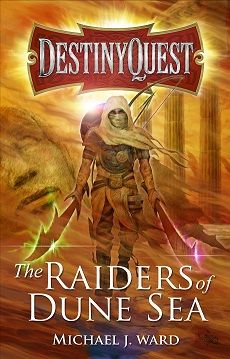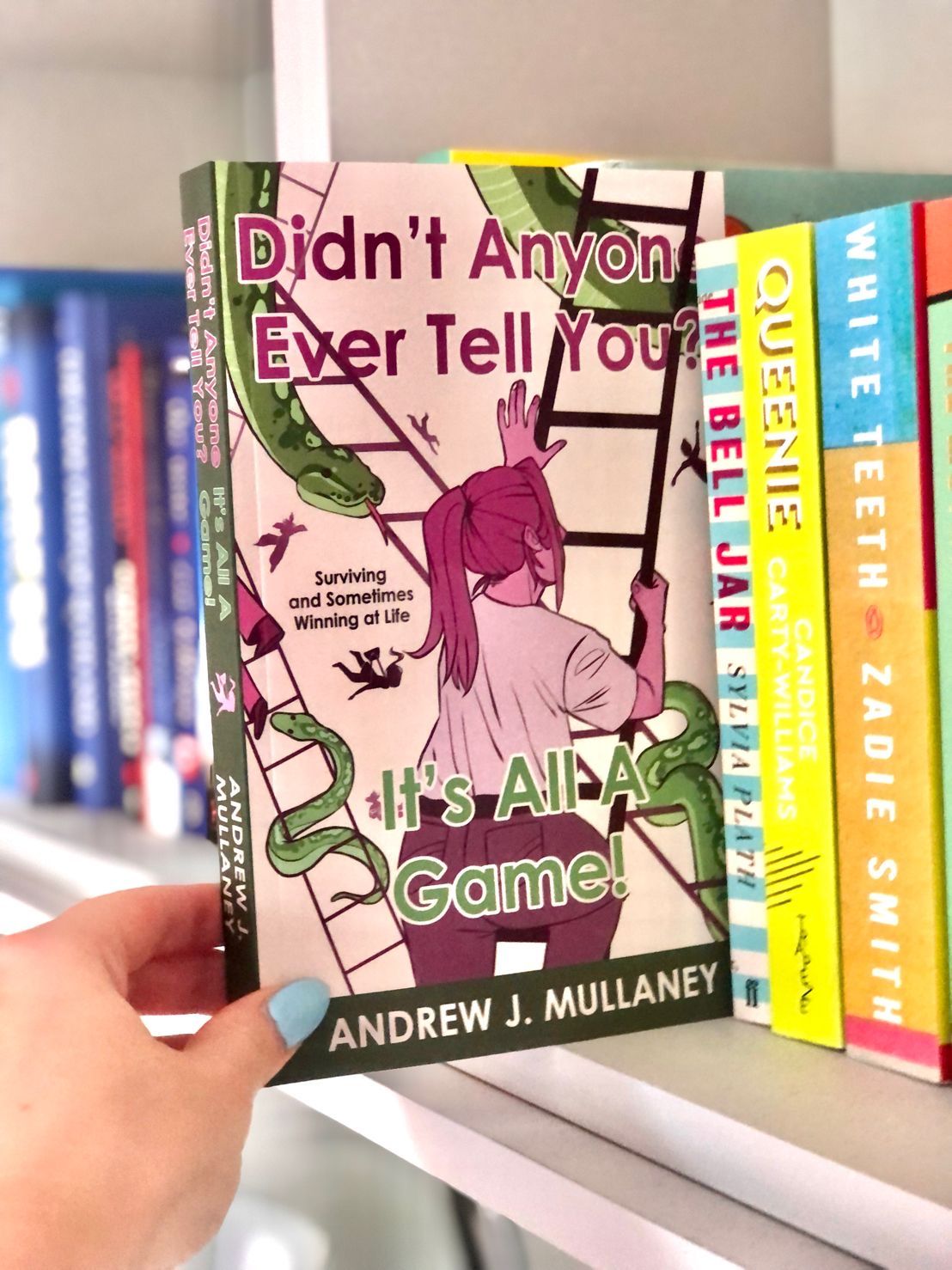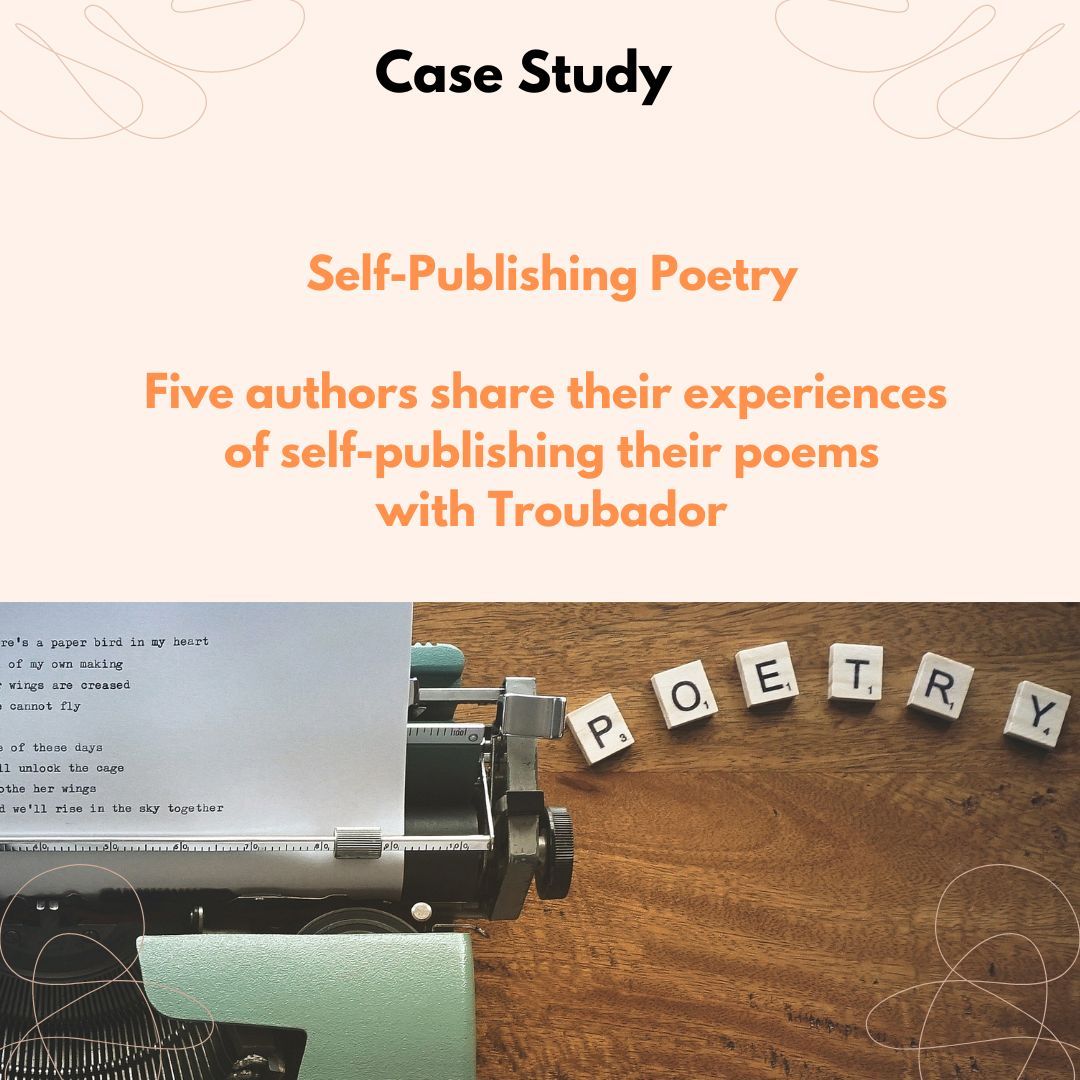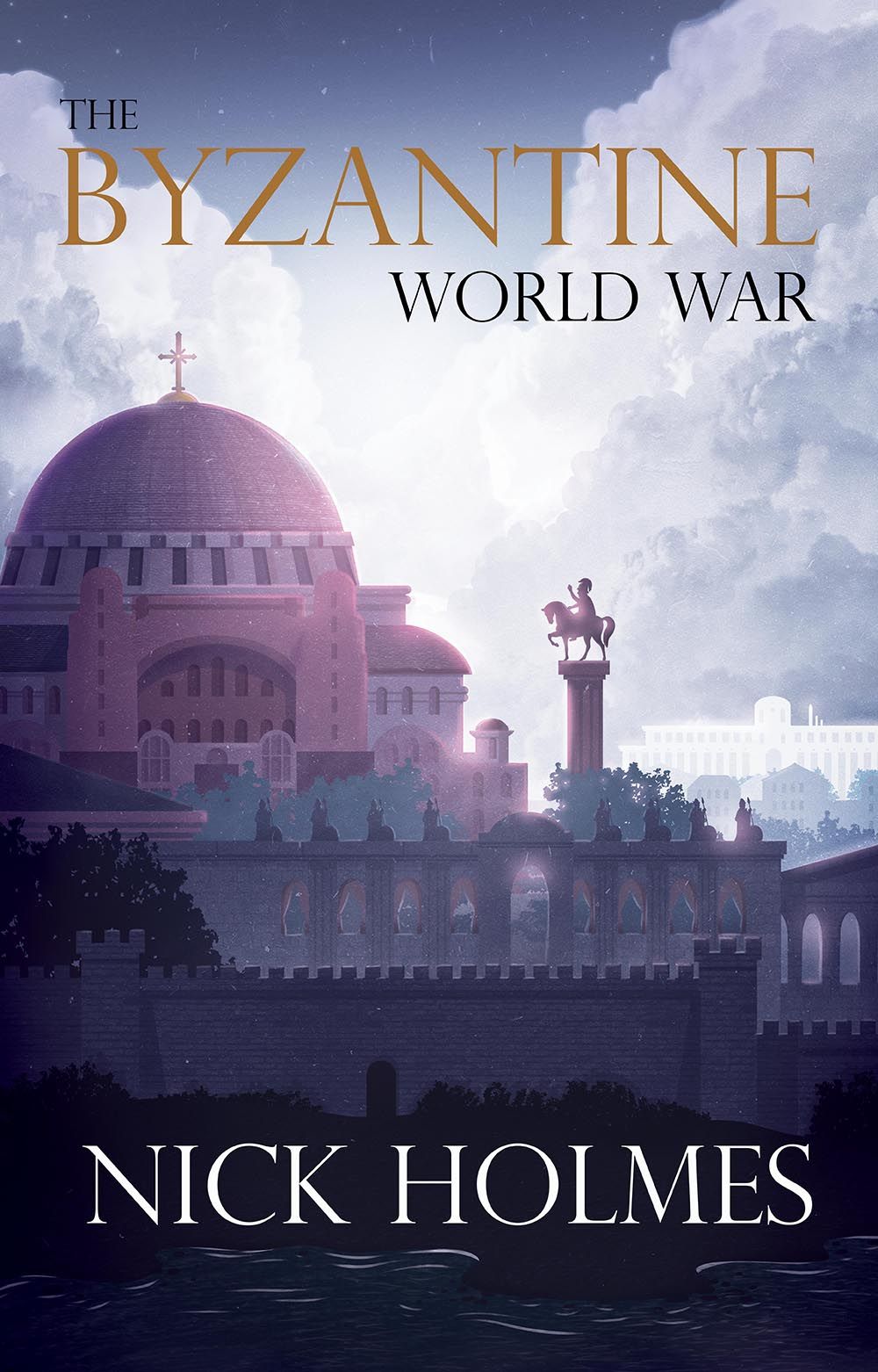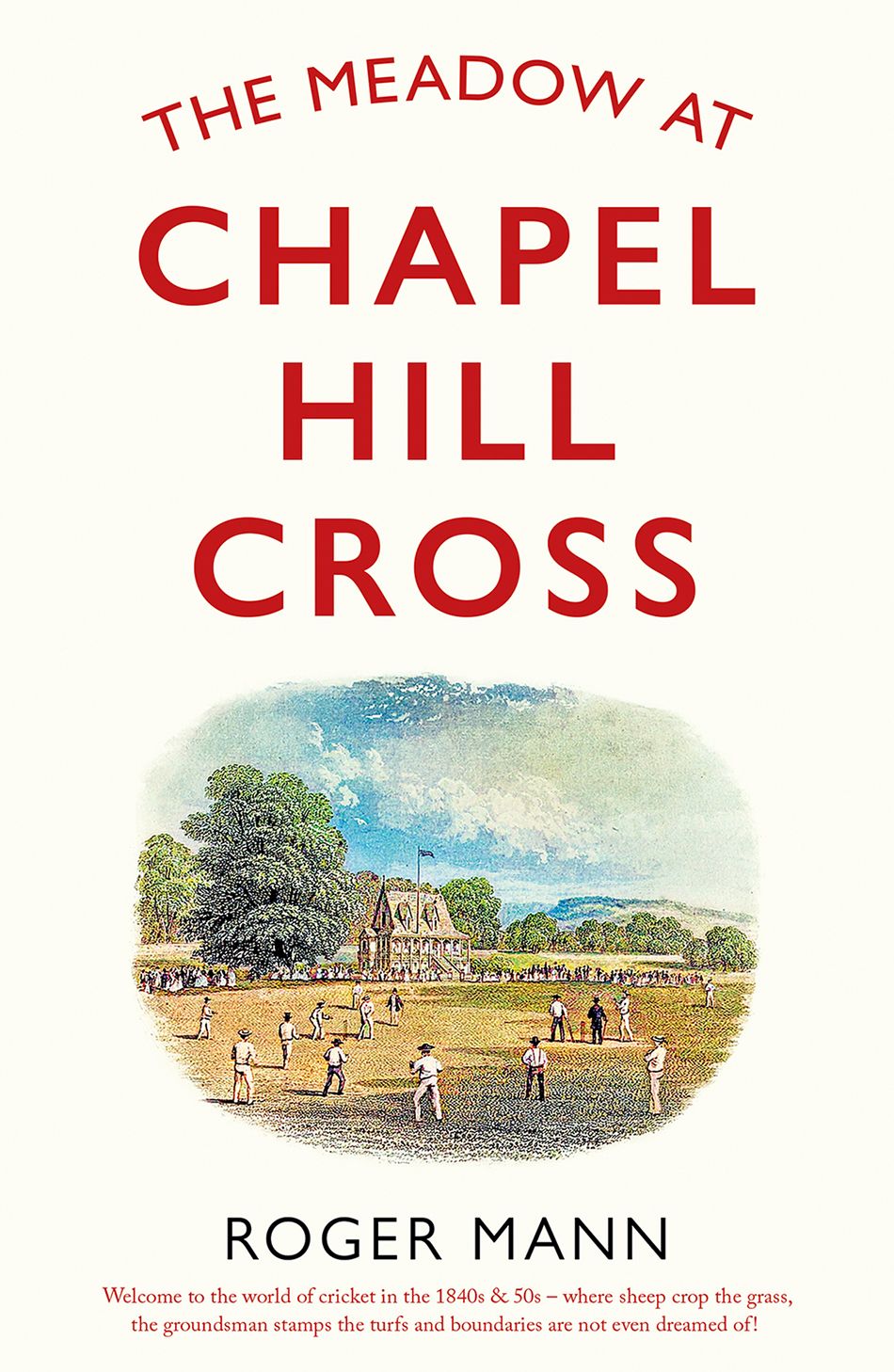
4 min read
Author Interview - Roger Mann
Written by:
Troubador Publishing
Roger Mann has been a cricket fanatic since the age of 12 and has been both Chairman of Devon Schools C.A. and Chairman of Devon Coaches Association. He began and managed his own cricket coaching school for nearly thirty years, as well as assembling a world-famous collection of memorabilia. Here, he tells us what inspired his recent book, The Murder of Chapel Hill Cross, and his journey to becoming a writer.
Tell us about your book!
When people see old cricket prints which show ancient cricketers in top hats, and bowling underarms to batsmen without gloves or pads, they smile and dismiss it as having no relevance to the modern game of cricket. My book takes them into the world of those ancient cricketers and introduces them to the skills which are now long forgotten. Knowing that young people, today, show very little interest in reading factual histories, I decided to write this book as a first-person narrative, and to turn it into a story which I hope will fascinate and change their views of the cricket of long ago.
The book traces my cricketing life between 1841 to 1853 during which time I was an umpire based in Plymouth, in Devon. From just umpiring matches in the local park, I progressed to umpiring garrison matches against the best local clubs and ended up officiating the first “great” match to take place in Torquay in which 22 of Devonshire play against the famous All England Eleven. During that time, I got to meet all sorts of interesting people and chat with the most famous cricketers of the day. As an umpire, I get to watch the skills of cricket legends like “Old Clarke”, and Tom Box, at first-hand, and to share the difficulties of playing cricket without mowing machines and heavy rollers. I hope the reader will join me in discovering a new world where professionals are treated like second-class citizens, and amateurs think mainly of the soiree which follows the cricket match.
When did you realise that you wanted to write a book?
Every time I walk past the cricket ground at the bottom of my road, I see young lads being coached on the very same patch of grass which once hosted the All-England Eleven. Neither they, nor their coaches, realise just what wonderful matches took place there in days gone by. I just hoped that my book might make them treasure their cricket ground, and to feel that they were the beneficiaries of a rich history. Other grounds are now the venues for the most important matches played in the area, but none has such a rich history as “Cricketfield Road”, once known as the “Meadow at Chapel Hill Cross”. I went to school at Clifton College in Bristol and learned my cricket on the same turf on which W.G. Grace, and his Gloucestershire Eleven, played regularly. I remember how that thought inspired me, and I hope that, in turn, my book will inspire those youngsters who followed in the footsteps of Clarke and Box and so many other great players.
How long did it take you to write your book?
After doing some basic research, the book itself took me about six months to write. It was a labour of love, and I never counted the hours!
What is the most important thing you have learned while publishing the book?
I have learned just how helpful a publisher like Troubador, and its staff, can be!
What do you think are the common traps for aspiring writers?
I think you need discipline to keep writing without allowing too many time lapses.I also think you need to reread the last paragraphs written before beginning again.
What was the first thing you wrote and were proud of?
Apart from articles for cricket magazines, the only book that I have written was in conjunction with my good friend Stephen Musk and was recently published by Troubador. Bart King of Philadelphia took a huge amount of research, which was made even more difficult because King spent most of his career playing in America! However, I believe the book will become a standard reference for those studying 19th Century and early 20th Century cricket in America and will surprise many people who had no idea that America was the third strongest cricket nation, after England and Australia, during the “Golden Age of Cricket”. Apart from being meticulously researched, the book is full of unusual photos of long-forgotten cricket grounds, and of those who became famous by playing on them.
What do you like to do when you are not writing?
I am now retired, but I like to spend time with my big family and remain involved in local sports. I have a website at www.therogermanncollection which provides cricket photographs for authors, magazines, and those who are tracing their family’s history. I love the chance it gives me to work with people who share the same love for cricket that I do!
Is there anything else you’d like to add?
My book begins with my walking down the road to watch a cricket match at the Cricketfield Road ground. I fall asleep, have a dream, and wake up in 1841. Sometimes, when I watch today’s dreadful “Hundred” cricket, I wish I had never woken up! The Murder of Chapel Hill Cross is available now from the Troubador bookshop.

